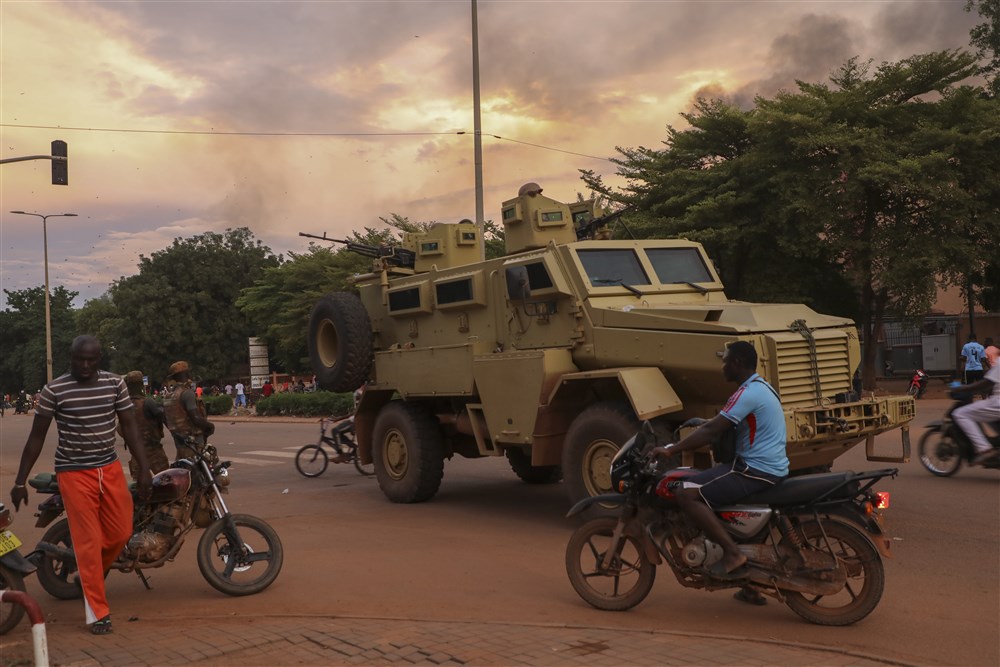The IPI global network today expressed renewed concern over increasing pressure on media freedom in Burkina Faso following the suspension of broadcaster LCI at the end of last month. The suspension is the latest in a series of moves limiting press freedom, including the expulsion of foreign journalists. Local journalists have also faced threats for their reporting.
Burkina Faso, like neighboring Mali, has been grappling with attacks by armed groups and a continuously deteriorating security context due to a terrorist insurgency in the Sahel region.
While the government has to ensure the security and safety of its citizens, it is equally important for authorities to ensure divergent views and open discussion on issues of concern, such as insecurity and terrorist attacks. IPI calls on authorities to work with media organizations and journalists in ensuring that media are independent and free to report on crucial issues. Authorities must also guarantee the safety and protection of journalists.
“The legitimate fight against the insecurity posed by armed groups should not serve as a pretext for authorities to crack down on dissent or critical media reportage”, IPI Director of Advocacy Amy Brouillette said. “Authorities in Burkina Faso must ensure that the right of journalists to freely and independently cover the country’s security crisis as a matter of utmost public concern. The public has a right to be informed and to debate about the government’s response to the crisis.”
The government, in an attempt to control the narrative around terrorists and security issues, adopted controversial legal measures that constitute a hindrance to press freedom. For instance, in June 2019, lawmakers adopted a new penal code imposing punitive sanctions including prison sentences and fines of up to 10 million CFA francs (about 16,000 euros) for publishing information, in any medium, liable to undermine security.
Suspensions and expulsions
In the years since, Burkina Faso authorities have further tightened their grip on press freedom.
The latest incident is the suspension of LCI, a France-based privately owned media house broadcasting in Burkina Faso. On June 29, LCI was suspended for three months by the media regulator, Conseil Supérieur de la Communication (CSC) over a publication critiquing the government’s response to advances by jihadist groups, which the government claimed, lacks ‘’objectivity and credibility’’.
Before LCI, two France-based public media, France 24 and Radio France International (RFI), were also suspended, on March 27, 2023, and December 3, 2022.
On April 1, 2023, two French journalists, Agnes Faivre and Sophie Douce, working with France-based journalists Libération and Le Monde, respectively, were forced to leave Burkina Faso following the publication of a documentary, as IPI previously reported.
Killings and threats
The risk to journalist safety in the country is growing. In April 2021, two Spanish journalists, David Berian and Roberto Fraile were killed by armed groups.
The victims of the deteriorating press freedom situation also involved Burkinabe journalists and critical media houses. Individuals or activists who criticize the government’s fight against terrorist attacks have been targeted with threats from individuals considered to be supporters of the government. For instance, Lamine Traore of the privately owned media Radio Omega and Ahmed Newton Barry, former editor-in-chief of the privately owned newspaper L’Evénment, were targeted with threats to their life from government supporters.
It is not only journalists who are under pressure: civil society activists have been sentenced to prison over criticism of the head of state or military action in the fight against terrorism.
